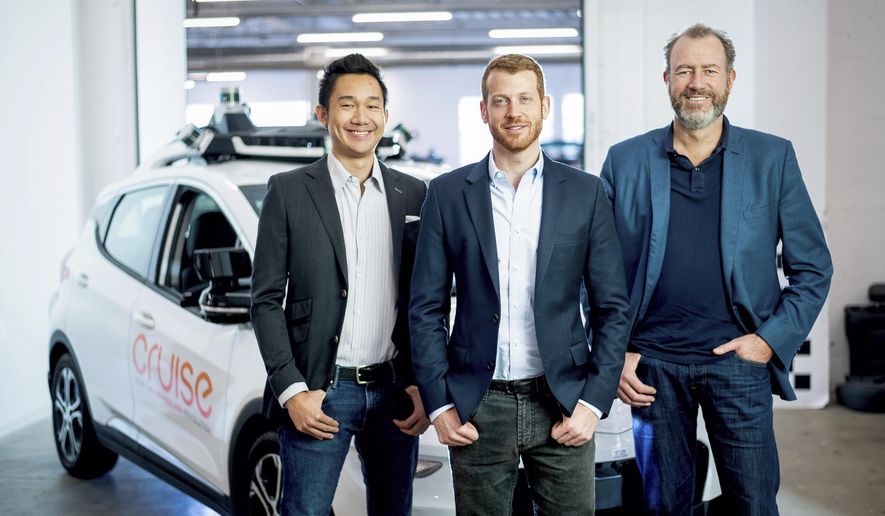Kyle Vogt, the founder and CEO of Cruise, General Motors’ self-driving vehicle unit, resigned Sunday following a turbulent period.
Cruise’s foray into robotaxi service failed, suffering a string of collisions and injuries. After a scathing report by the National Highway Traffic Safety Administration, California revoked the company’s ability to operate self-driving taxis in the state, just three weeks after it had approved them.
“As CEO, I take responsibility for the situation Cruise is in today,” Mr. Vogt wrote in an email to employees. “There are no excuses, and there is no sugarcoating what has happened. We need to double down on safety, transparency and community engagement.”
GM had already taken moves to change leadership at Cruise last week by naming GM General Counsel Craig Glidden and Mo Elshenawy, a Cruise veteran, co-presidents. The company has not announced a new CEO.
Despite the accidents and change of leadership, GM said it stands by Cruise’s mission to bring affordable self-driving taxi service to customers.
“GM has made a bold commitment to autonomous vehicle technology because we believe in the profound, positive impact it will have on societies, including saving countless lives,” the company said Sunday.
Mr. Vogt founded Cruise in 2013 and sold it three years later to GM for $581 million in cash and stock options.
GM’s support for self-driving cars stands out in an industry jettisoning any investment in the technology. Ford and Volkswagen abandoned their efforts to develop their own self-driving cars after seeing the results from Tesla and Cruise.
• Vaughn Cockayne can be reached at vcockayne@washingtontimes.com.




Please read our comment policy before commenting.